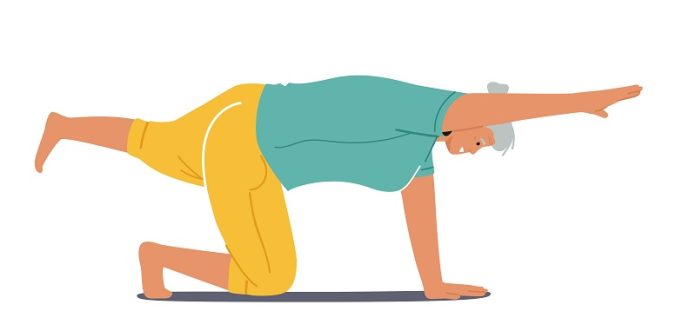
A study conducted by Kaiser Permanente researchers has revealed that brief alcohol interventions (BIs) in primary care settings can lead to better health outcomes for adults with high blood pressure.
This finding is significant for those who struggle with unhealthy drinking habits and also have high blood pressure.
Brief interventions are short counseling sessions aimed at helping people reduce their alcohol intake to safe levels.
These sessions are not focused on making people quit drinking entirely, although in some cases, complete abstinence might be recommended if deemed necessary.
In this study, the researchers focused on two groups of people: 72,929 adults with high blood pressure and 19,642 adults with type 2 diabetes.
All participants had been identified as having unhealthy alcohol use through a screening process in their healthcare system.
The healthcare system had implemented a program that included alcohol screening, brief interventions, and referrals for further treatment if needed.
The results showed that for patients with high blood pressure, those who received the brief intervention experienced a slight but notable reduction in their alcohol consumption.
Specifically, there was an additional reduction of 0.06 drinks per drinking day and 0.30 drinks per week at the 12-month mark compared to those who did not receive the intervention. Moreover, these patients were more likely to have a significant reduction in their diastolic blood pressure 18 months after the intervention.
However, the study did not find a strong connection between the brief intervention and improved drinking habits or health outcomes for patients with type 2 diabetes.
This suggests that while brief interventions can be effective for managing alcohol use and improving blood pressure, they may not have the same impact on individuals with diabetes.
The researchers concluded that integrating brief interventions into regular primary care practices could be a valuable tool for preventing and managing chronic diseases, especially for those at risk of high blood pressure due to unhealthy alcohol consumption.
The study highlights the importance of addressing alcohol use in medical settings, not only to manage drinking habits but also to improve overall health outcomes.
High blood pressure is a common and serious condition that can lead to severe health issues if not managed properly. Therefore, even modest reductions in alcohol consumption can make a meaningful difference in a person’s health.
For those interested in managing blood pressure, it’s worth noting that other factors can also influence it. For instance, studies have shown that consuming black licorice can dangerously increase blood pressure, while certain nutrients found in common plants might help reduce it.
Additionally, recent research has explored how coffee consumption affects blood pressure and has indicated that olive oil might help lower blood pressure in healthy individuals.
The study by Felicia W. Chi and her team was published in BMJ Open, contributing valuable insights into how simple interventions in primary care can lead to better health outcomes for patients with high blood pressure.
By incorporating brief alcohol interventions into routine care, healthcare providers can help patients achieve healthier lifestyles and potentially reduce the risk of complications associated with high blood pressure.
If you care about high blood pressure, please read studies about vitamins impacts on high blood pressure people need to know, and how to manage high blood pressure and diabetes with healthy foods.
For more health information, please see recent studies about the best and worst foods for high blood pressure, and modified traditional Chinese cuisine can lower blood pressure.
Copyright © 2024 Knowridge Science Report. All rights reserved.



